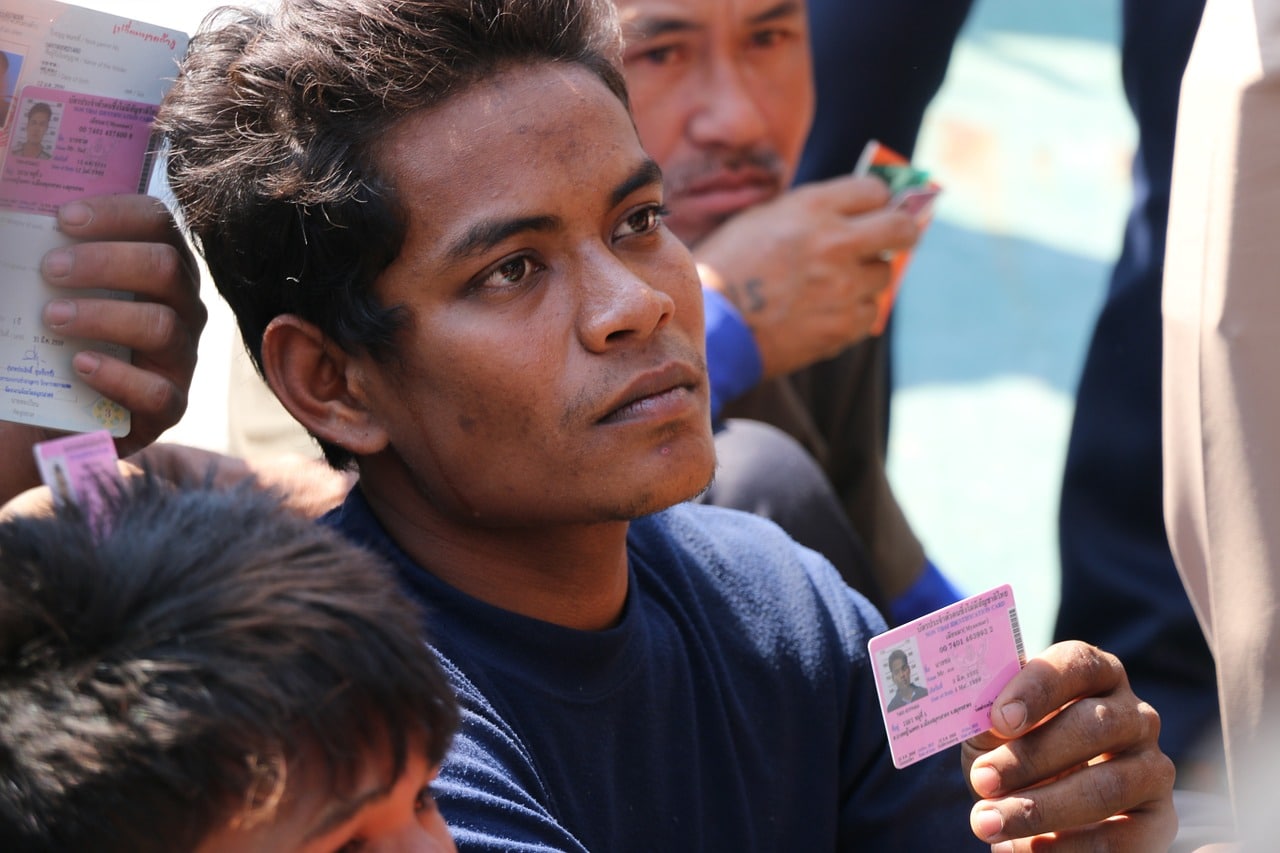Missionary adventures can turn into tragedy. Our journey usually starts with tremendous excitement. We are ready to take on great challenges for God’s Kingdom’s sake. Then, as the months and years go by, we often encounter circumstances far different from what we expected. Coup d’etats, evacuations, losing our visas, persecution, death, martyrdom, sickness, kidnappings…these things happen to us on the mission field. When they do, we must learn to reach out for help.
Not all mission agencies provide quality debriefing to those on the field who suffer trauma. Many missionaries work independently, or are sent out by a church. Senders may have little understanding of how to care for those who suffer trauma on the mission field. If that is your situation, you must take responsibility to get the help you need. Don’t delay.
If you and your children have faced a traumatic experience on the mission field, reach out for help to care professionals. Don’t try to handle things on your own. Tragedy doesn’t need to lead to further tragedy.
Soldiers at Our Door
Below is an excerpt from my book (to be released next year), Encountering God in the Wild Places…
We couldn’t go to school that day. “The president has been shot,” our parents said. According to rumors, a soldier in the army named Samuel K. Doe was drinking with a group of buddies. One of them had a key to the armory. He and his friends decided to march on the presidential palace. The soldiers shot the president and took over the country.
There was much more to the story. That was how I remember it being explained to us. When my parents told me of the coup, I had little comprehension of the devastation it would cause. What mattered most in my twelve-year-old mind was that we were off of school. The gravity of what was happening didn’t sink in very deeply at first.
For us, a “coup day,” as we came to call them, was not much different than a snow day for a kid in Minnesota. We were happy to get to stay home and goof off, rather than study. Days turned into weeks, and our school would reopen briefly only to close again a few days later. Though only in middle school, I began to realize more was at stake.
One day, my mom picked my brother and I up in the car.
A soldier stepped into the road, in front of our car; his hand held up in a signal to stop. It was common at the time for military personnel to commandeer any car they saw out and about. Many people were losing their vehicles. My brave mother thought fast. She boldly offered to take him wherever he wanted to go. Then he wouldn’t need to take our car away!
The man slipped into the back seat. He sat down, placing his big gun on the seat next to me. I was both intrigued and terrified! We made it home that day, vehicle still in our possession. I went back to playing basketball, fooling around with my games and monkey. I definitely knew things were not business as usual though.
Further incidents happened over the next few days. One morning, a group of soldiers marched through our neighborhood. Reaching the first house, they went into the house across the street. From inside, I heard screams as gunshots fired.
I wasn’t certain what was going on, but I knew our house was next in line. The soldiers were methodically going from house to house looting. They stole anything of value and had their way with any women they found in the homes.
After finishing at the house across the street, the men exited. They moved in our direction. Peeking out the windows, I prayed with the rest of my family for God’s protection. A group of neighbors gathered in the street and talked with the soldiers. We overheard them saying, “These are good people. Don’t bother them.”
After some discussion, the men, dressed in army fatigues, decided to move on. They continued down the street, choosing to skip our house, moving on to raid other less fortunate homes.
This was a terrifying experience. I was only twelve.
At the same time, I knew, God was with us. He was protecting and taking care of my family. The experiential knowledge of God as my Protector merged with the trauma of having been in such a risky situation. This dichotomy formed a foundational stone of understanding in my life.
Debriefing Helps
I needed debriefing. At the time, none was available.
For years afterwards, I suffered the affect of these events. It was only in adulthood, when a missionary myself, I sought help and healing from my childhood trauma. Don’t wait that long!
If you or your family have suffered a visa crisis, an arrest, sexual abuse, an evacuation, death, or other events, you do not have to be tough. Seek help.
As missionaries, we tend to think we are stronger than normal people. “Suck it up and do what needs to get done,” we think. Later we pay the price. Or our families do. Or it comes out in our health.
4 Ways to Get Help and Debriefing
1. Contact a missionary counseling center.
Below are links for counseling centers that offer debriefing and counseling.
2. Read articles, books and use online resources.
Here are some links I recommend for help with member care issues.
There are also many helpful books for those who have suffered a traumatic event. Here are two books that can be of help to you. They are available on Amazon.com
3. Reach out to other missionaries who have faced similar trauma.
If there is no counseling center nearby, don’t isolate. Reach out to other missionary friends for help. Often, when we return to our home country, people don’t understand what we have been through. Make use of your missions community. Ask for prayer and share what you are feeling and experiencing.
Don’t have a community? Feel free to reach out to other missionaries via the Missionary life Facebook group. Post a question there about your situation and ask where you can get counsel or prayer for yourself or your family.
Don’t let pride stand in the way of reaching out for help when you need it.
4. Take a break and seek professional counsel.
Several times in our missionary career, we have needed to stop our frontline work. We have taken an extended break to recover from traumatic events. This is not failure, it is wisdom. It shows strength, not weakness, to seek help from professionals. Many Christian counselors are ready and willing to minister to you.
It may cost money, but you are worth it! God will provide as you seek the help you need. This has been true for me and my family time and time again.
5. Don’t be too proud to take medication when recommended.
There is a great stigma associated with the use of medication to help with anxiety, PTSD or depression. This should not be the case. There is nothing unspiritual about taking prescribed medication. It can help you overcome the affect on your brain, serotonin levels in your body, etc.
Refusal to take recommended medication can greatly delay recovery. If your doctor or therapist suggests this, don’t be ashamed to agree to it. This can help you return to effective ministry (and life) as quickly as possible.
Have You Suffered Trauma on the Mission Field?
If this article relates to you or someone you know, take action today. Get help. Reach out. God doesn’t want you stuck and sick. Care is available for you and your family.










